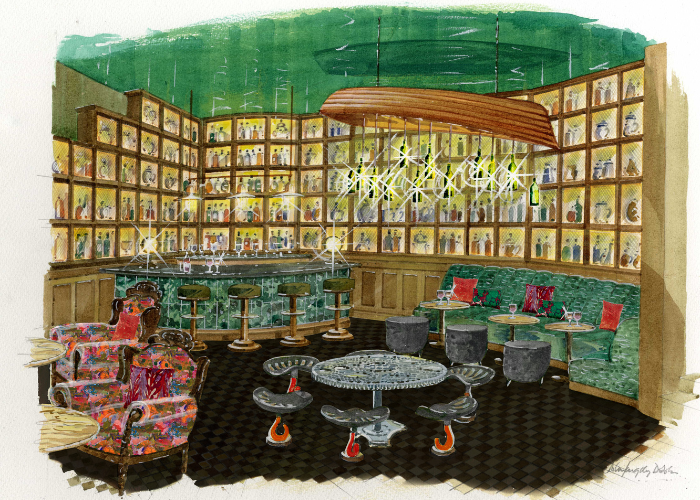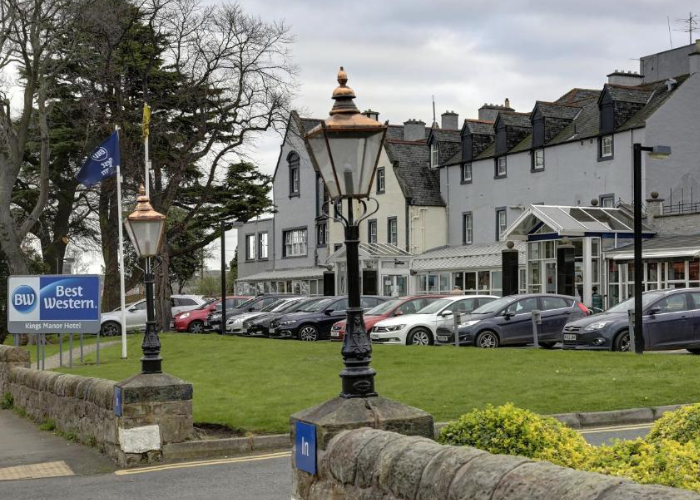The news has broken that celebrity chef Gordon Ramsey is now in a legal battle against a group of ‘professional squatters’ who have taken over his £13 million pub The York & Albany in London.
The squatters have claimed that they have the right to occupy the pub, as it’s not a residential building and, therefore, is not subject to 2012 legislation in England and Wales that made squatting in a residential building a criminal offence.
Subscribe to our daily newsletter
Why? Free to subscribe, no paywall, daily business news digest.
Business experts at Dojo are urging hospitality businesses, especially enterprises with multiple sites, to ensure they know their rights against squatters and have revealed essential guidance on what action to take if this occurs.
What are your rights as a business owner when it comes to squatting?
A spokesperson from Dojo said ‘’The first and most important thing to remember is that squatting in a commercial building is not a crime, so for commercial landlords and those renting commercial properties for hospitality services, your only option is to seek legal advice and follow court proceedings.
But as the UK Government discloses, legal action can be taken immediately if squatters commit other offences whilst in non-residential properties [1].”
These crimes include:
- Causing damage when entering the property
- Causing damage while on the property
- Not leaving when they’re told to by a court
- Stealing from the property
- Using utilities like electricity or gas without permission
- Fly-tipping
- Not obeying a noise abatement notice
Potential risks of squatters taking over commercial properties
Time constraints are the biggest risk when squatters take over a property, depending on how many squatters and the amount of time, businesses must seek immediate legal action and apply for a possession order to evict squatters on a commercial property legally.
The longer squatters possess a property, the harder it becomes to evict them as ‘’per Government guidance, squatters can apply to become the registered owners of a property if they have continuously occupied it for 10 years, acted as owners for the entire duration of time and had not previously been permitted to live there by the owner’’.
Steps to take if squatters have taken over your commercial property
A spokesperson for Dojo has revealed the three essential steps commercial property owners must take if squatters have taken over their building:
- You must ensure your commercial property is monitored frequently either by security personnel or technology like CCTV cameras and alarm systems. This will help protect your building in the first instance and most often deter squatters from entering.
- If squatters enter your property, seek legal advice immediately from a solicitor with expertise in commercial property.
- Once you have a legal expert, apply to the Court to obtain an urgent “interim” possession order to evict the squatters. A court hearing can take place within a week, which then allows bailiffs to escort the squatters out.
Enterprise payment provider, Dojo reiterates that, as UK legislation states, squatting in commercial buildings is not a crime, so commercial property owners must address and resolve any issues with squatters legally. As it is a crime for anyone to attempt the removal of squatters without court permission.










